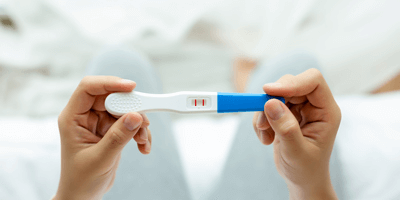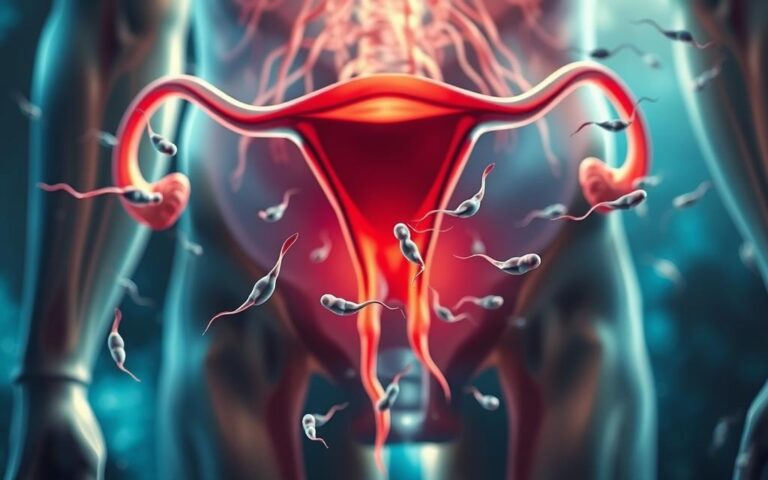How Long Does It Take to Get Pregnant?

Getting pregnant can vary widely among individuals and couples. While some may conceive quickly, others might take longer. It’s common to wonder how long it might take to get pregnant, and several factors can influence this timeline, including age, lifestyle, diet, weight, and underlying health conditions.
Average Time to Get Pregnant
On average, most couples can expect to conceive within a year of trying. Here’s a breakdown of the general statistics:
- 80% of couples will conceive within one year.
- 90% of couples will conceive within two years.
These figures apply to the general population under 40 years old, including those with fertility issues. It’s important to note that while some couples might conceive quickly due to higher monthly fertility, others might take longer if they have lower monthly fertility.
Factors Influencing Conception Time
Several factors can affect how quickly you conceive, including:
- Age: Fertility naturally declines with age, especially for women over 35.
- Lifestyle: Diet, exercise, stress levels, and overall health can impact fertility.
- Underlying Health Issues: Conditions like polycystic ovary syndrome (PCOS), endometriosis, or a history of pelvic inflammatory disease can affect fertility.
- Frequency of Intercourse: Regular, unprotected sex is crucial. It’s recommended to have sex every two to three days to maximize your chances.
- Partner’s Health: Your partner’s lifestyle, including diet, stress levels, and overall health, also plays a significant role.
Also read: Understanding Rectal Bleeding During Pregnancy
When to Seek Medical Help
- If you’re under 35 and haven’t conceived after a year of regular, unprotected sex, consider seeing a doctor.
- If you’re 35 or older, seek medical advice after six months of trying.
- If you have known health issues, such as irregular periods or a history of fertility problems, consult your doctor sooner.
Improving Your Chances of Conceiving
To increase your chances of getting pregnant, consider the following tips:
- Maintain a Healthy Lifestyle: A balanced diet, regular exercise, and avoiding smoking and excessive alcohol can boost fertility.
- Track Ovulation: Understanding your menstrual cycle and knowing your fertile window can help time intercourse. Use tools like ovulation predictor kits (OPKs) or track basal body temperature and cervical mucus changes.
- Reduce Stress: Stress can negatively impact fertility, so finding ways to relax and manage stress is important.
- Preconception Check-up: Consider a preconception visit with your healthcare provider to discuss any potential issues and get advice on preparing for pregnancy.
Understanding Ovulation and Fertility
Ovulation is a key factor in getting pregnant. The fertile window typically spans six days, starting five days before ovulation and including the day of ovulation. While pinpointing ovulation can be helpful, experts recommend not overcomplicating the process. Regular sex every two to three days throughout the cycle is generally sufficient to increase your chances of conception.
Tracking ovulation can be particularly useful if you or your partner have irregular schedules or find it challenging to maintain regular intercourse. Numerous apps and tools are available to help track your cycle and identify your fertile window.
Additional Resources
- Learn About Common Infertility Causes: Understand conditions like PCOS and endometriosis and how they can affect fertility.
- Explore Diet and Lifestyle Tips: Adopting a healthy diet and lifestyle can support your journey to conception.
- Read About Age-Related Fertility: Discover how fertility changes in your 20s, 30s, and 40s, and get tips tailored to your age group.
By taking proactive steps and staying informed, you can improve your chances of a healthy pregnancy and navigate the journey to parenthood with confidence.
Also read: Can You Have A Vaginal Birth With Gestational Diabetes?






